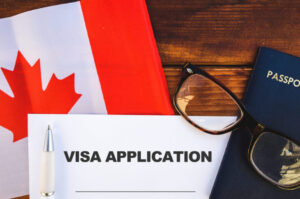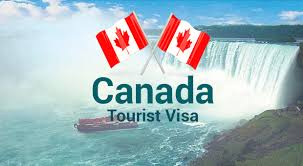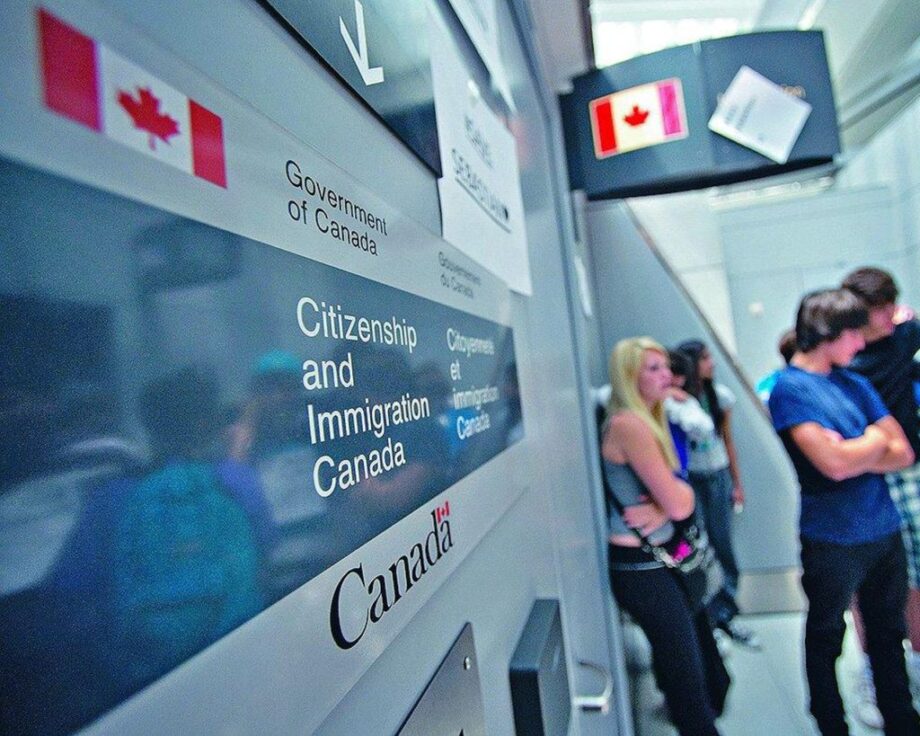IRCC 2025 Updates

IRCC 2025 Updates
As of May 2025, Immigration, Refugees and Citizenship Canada (IRCC) has implemented significant updates to its immigration policies, reflecting a strategic shift towards more controlled and sustainable immigration levels. These changes are designed to balance Canada's economic needs with infrastructure capacities, housing availability, and public sentiment. Below is a comprehensive overview of the key updates:
🇨🇦 2025–2027 Immigration Levels Plan: A Strategic Shift: IRCC 2025 Updates
📉 Reduced Permanent Resident Targets
For the first time in recent years, Canada is reducing its permanent resident (PR) intake:
-
2025: 395,000 new PRs
-
2026: 380,000
-
2027: 365,000
This marks a departure from the previously planned 500,000 annual admissions, aiming to alleviate pressures on housing and public services .
🧑🎓 Temporary Resident Caps: IRCC 2025 Updates
IRCC has introduced caps on temporary residents, including international students and temporary foreign workers:
-
2025: 673,650 new temporary residents
-
2026: 516,600
-
2027: 543,600
These measures aim to reduce the proportion of temporary residents to 5% of Canada's population by the end of 2026 .

🧑💼 Economic Immigration: Focus on In-Canada Experience
🎯 Express Entry Reforms: IRCC 2025 Updates
The 2025 Express Entry system emphasizes candidates with Canadian work experience:
-
Canadian Experience Class (CEC): Priority is given to applicants with in-Canada work experience.
-
New Education Category: Introduced to align immigration with long-term labor market needs .
💼 Temporary Foreign Worker Program (TFWP) Adjustments
The TFWP has been restructured:
-
Low-Wage Stream: Employers face a 10% cap on hiring.
-
High-Wage Stream: Starting hourly wages increased by 20% to attract skilled labor.
🎓 International Students: New Regulations: IRCC 2025 Updates
📉 Study Permit Cap: IRCC 2025 Updates
A two-year cap on international student permits has been implemented, reducing the number of new study permits by 43% compared to previous years. This aims to address concerns about housing shortages and the integrity of the education system .
🔄 Changing Designated Learning Institutions (DLIs)
International students wishing to change DLIs must now apply for a new study permit, replacing the previous system that allowed for online updates. Exceptions apply for transitions between primary and secondary education levels.
👨👩👧👦 Family Reunification: Processing Delays and Policy Changes: IRCC 2025 Updates
⏳ Parents and Grandparents Program (PGP)
Processing times for PGP applications have increased:
-
Outside Quebec: Approximately 24 months.
-
Quebec: Up to 48 months, due to the province's limited family class admission targets .
⚖️ Quebec's Processing Delays
Quebec has halved its capacity for processing family reunification applications over the next two years, leading to average waiting times of 34 months, compared to 10 months in the rest of Canada. This has raised concerns about prolonged family separation and mental health impacts .

🏛️ Policy Rationale and Public Sentiment: IRCC 2025 Updates
🏠 Housing and Infrastructure Pressures
The reduction in immigration targets is partly driven by rising housing prices and strained infrastructure. The government aims to balance population growth with the country's capacity to provide services .
📊 Public Opinion and Political Considerations
Public concern about immigration levels has grown, influencing policy decisions ahead of the federal election scheduled for October 2025. The government seeks to address these concerns while maintaining Canada's economic needs .
🔮 Looking Ahead: Strategic Planning: IRCC 2025 Updates
IRCC's Strategic Plan for 2025–2027 outlines a balanced approach to immigration:
-
Economic Growth: Prioritizing skilled workers to support the labor market.
-
Sustainability: Ensuring immigration levels align with Canada's capacity to provide housing and services.
-
Integration: Enhancing support for newcomers to facilitate successful integration into Canadian society .
These policy updates reflect Canada's commitment to a sustainable and balanced immigration system that supports economic growth while addressing infrastructure and public service capacities. For the most current information and guidance, it's advisable to consult the official IRCC website or seek advice from authorized immigration professionals.
In case, if you need assistance with your visa and immigration case in Canada, please fill in application below or contact us directly.

